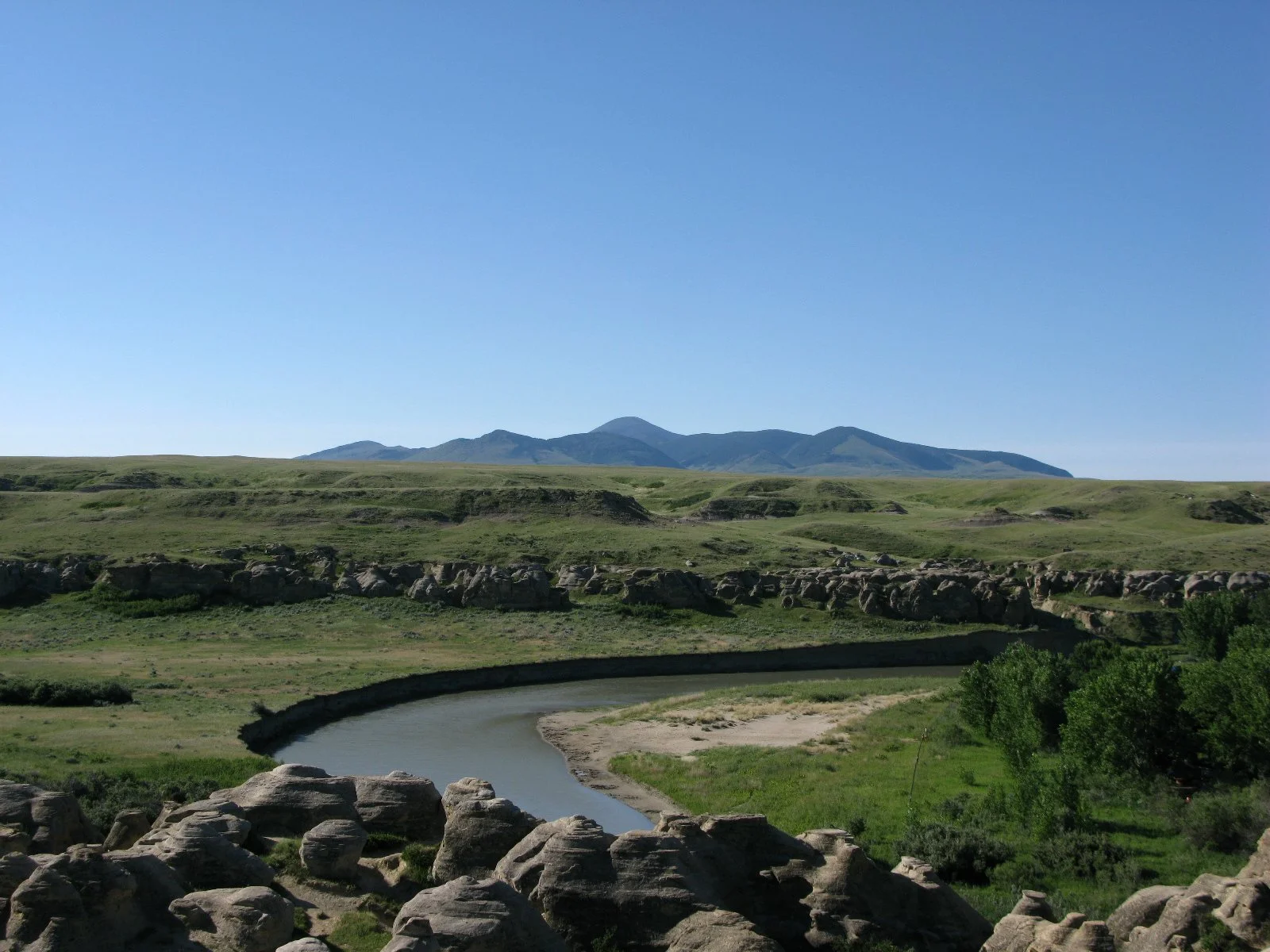As reservoir levels stabilize in southern Alberta, a consulting company says it’s crucial that all stakeholders work together. Irrigation districts in southern Alberta managed a tough growing season as drought maintains a stubborn hold and calls for maintaining co-operation between stakeholders and better water storage infrastructure continues. From the Milk River along the U.S. border to the Hay River running into the Northwest Territories, 50 water shortage advisories are currently in place across the province.
Officials working to update century-old river water treaty
An update to the process of updating a 100-year-old water treaty on the Milk and St. Mary’s rivers will be given in early May, officials have announced. Two years ago the International St. Mary and Milk Rivers Study Board began reviewing the Canada-U.S. Agreement, which has been in place since 1921. It aims to update the pact, look at options to “improve access to apportionment,” and mitigate the potential effect of climate change on water supply.
Slow spring melt means Milk River farmers may avoid another summer of water shortages
Just under two months ago, Elise Walker was sure her farm near the Milk River would experience another summer of drought conditions. But with a cool, rainy spring now in the rearview, things are looking much different. The native prairie has a nice green tinge, she said, and the rain keeps coming. "It makes a huge difference, considering how dry we've been the past 12 months," she told the Calgary Eyeopener Monday.
UCalgary researchers co-lead study on Canada-U.S. water-sharing agreement
When the Boundary Waters Treaty governing waters straddling the U.S.-Canada border was drawn up more than a century ago, concerns such as climate change and replacing the infrastructure were totally unknown. Now, a Schulich School of Engineering professor and researcher is heading up an independent cross-border study into updating the oldest piece of legislation governing the use of water that runs between the two countries. Dr. Alain Pietroniro, PhD, is an internationally respected expert in hydrology and sustainable water systems, having spent more than three decades studying water resources engineering. Through his involvement with the International Joint Commission, Pietroniro is co-chairing a study of the treaty, to examine the options of improving access to study the shared waters of the St. Mary and Milk Rivers, which cross the Alberta-Montana border.
Century-old treaty stops Alberta farmers from using Milk River for much of the summer
The Milk River looks great right now, according to farmer Elise Walker. It's high, it's flowing and it's fairly clean. For now, she and about 30 to 40 other families in southern Alberta can continue using the water to irrigate their farms, helping to get them through a very dry spring. In fact, Walker already started to irrigate her 607 hectares (1,500 acres) of land at the end of March — the earliest ever.
Alberta’s border communities fear water shortage after Milk River collapse in U.S.
Following May long weekend, communities just north of the United States border will have to focus on conserving their water use. “We are very dependent on a system that was built in the 1900s in Montana to get a consistent source of water to the Milk River,” Coutts Mayor Jim Willet said on Friday. That system ultimately failed on Sunday when the final drop that funnels water from St. Mary’s River in Montana to Milk River in Alberta collapsed.







